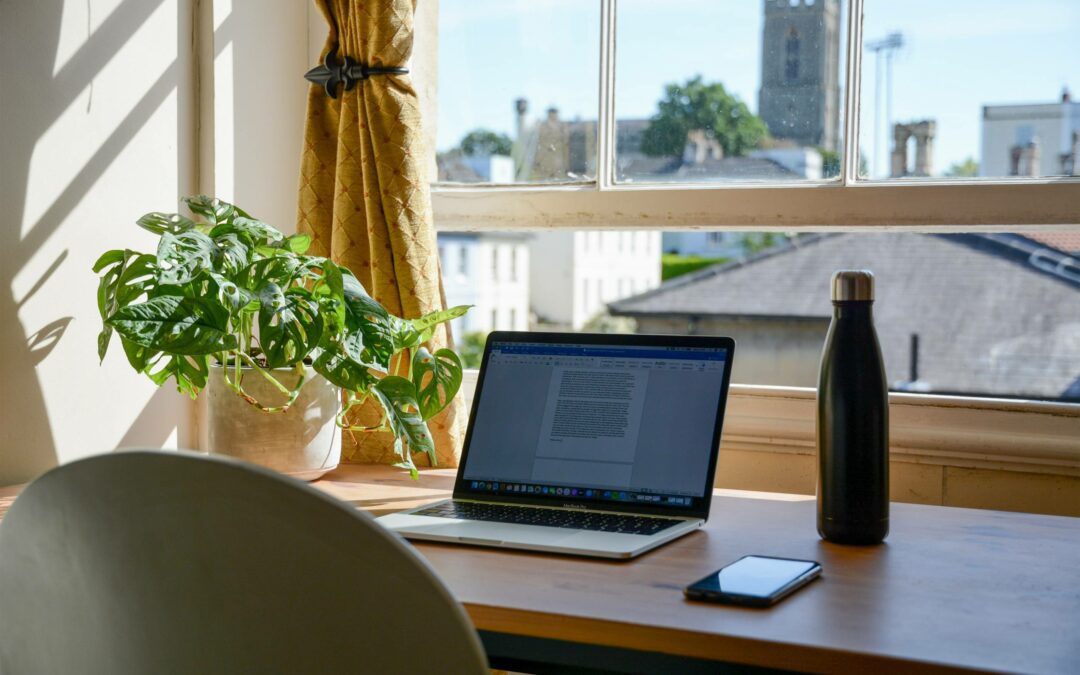As the school year kicks into gear, tests and quizzes are soon going to be dominating your schedule. Everyone’s busy these days and there’s no time to waste. Rather than burning your time on unhelpful study methods, here are 10 tips to ensure that your studying is as efficient as can be.
Find your “study spot”
Everyone has a spot where the studying juices just flow. Whether it’s a desk in your room, in the kitchen, or at the library, finding the perfect study spot for you is key to making sure your studying experience (because yes, studying is an experience) is as productive as can be.
Minimize distractions
None of us are immune to procrastination. You turn on your phone for one minute to check your notifications and suddenly, you’re sucked into the social media portal, unable to unglue yourself from your screen. Luckily, there are some precautions you can take to “social distance” yourself from any potential distractors. For example, put your phone away; whether you put it in a drawer in the same room as you, or put it at the other side of your house is up to you, but make sure that you are not tempted to look at it. In addition, the noise levels around you can play a big factor in your ability to focus. Some people thrive in completely silent environments, while others need some noise to stay on task. Determine the type of studier you are and study accordingly.
Take breaks
No matter how much studying you may have to get done and how little time you may feel that you have, breaks are 100% necessary. Make sure to fuel your body and of course, your brain by staying hydrated and full of food. Remember, if your body isn’t happy, you won’t be able to study well, so take care. Experts recommend the Pomodoro technique, in which students study for 25 minutes, take a short break, and repeat. This prevents burn-out and ensures that you maximize your time as efficiently as possible.
Set goals
You can’t be a successful studier without setting goals. Whether it’s a quota for time, or a checklist of study materials to review, make sure to allot some time before you begin studying to set a framework of how your studying will go.
Create a study group
Studying with others can be a great tool, as long as you’re helping one another, not distracting each other. Choose peers you know you can be productive with, but are also comfortable asking questions to. Study groups can be the perfect way to motivate you to study, as you’ll be having fun while also getting your work done. Try quizzing one another, making flashcards, or playing study games.
Try practice questions
After you have completed most of your studying, try quizzing yourself by using sample questions. Try using some of the questions on any worksheets, textbooks, or learning materials your teacher has provided you with. Also, regardless of the subject, there are tons of practice questions out on the Internet for you to try. By testing yourself, you can gauge your strong and weak points.
Teach someone else
It has been scientifically proven that active recall is the most effective study method, particularly teaching others. Teaching others, whether it be peers or individuals who have no link to the subject, can help you determine what concepts you are secure on and which ones you can benefit from reviewing. Take some time after the bulk of your studying to talk to someone about the subject, as if you were giving a lesson. If you are able to successfully teach someone the concept, you are more than ready for your exam.
Take care of yourself
Studying is like a sport; in order to do well, you have to take care of your body. This means staying fed, hydrated, well-rested, and happy. Make sure to listen to your body and be gentle; understand when enough is enough, and allow yourself to rest. Remember, burning yourself out early in the game will do you no good; play the long game.

Understand your best learning style
Determining the way you learn best is the most valuable tool you have for studying. We all learn differently: some students are visual learners who remember best by seeing pictures or diagrams; others are kinesthetic learners who require a tangible aspect of their learning in order to comprehend well. Assess your previous study habits and figure out which methods were the most helpful for you, and continue using those methods. Don’t waste your time on drawing diagrams if you know they don’t help; similarly, don’t make flashcards if you work best by writing paragraphs, explaining concepts.
Don’t cram
No matter how hard it may seem, please study ahead of time, or at least, plan ahead. For example, if you know that you have a busy schedule the night before a huge exam, start studying a few days prior. However, if you’re truly adamant that cramming works best for you, at the very least, create study tools ahead of time, so you can focus solely on studying the night before. In the long run, cramming will only stress you out more and stress does not work well with studying. Do yourself a favor and plan ahead.
Final Note
Studying is tedious; there’s no way around that. However, using these tips will make your study experience exponentially more productive, and maybe even enjoyable. At the end of the day, remember that studying is a muscle; it requires time and effort to become stronger. If you want a guide to build a healthy study habit, try our SAT Prep Courses that provides you with a workable study schedule that you can stick to for 5 weeks. It includes intensive care system that will help you stay with the schedule and also keep track of your weekly progress. We hope you can develop a good study habit to see a dramatic effect in your academic achievements!

